
Hertwich Engineering to Supply a Compact Remelt Plant for Aluminum to Sai in Taiwan

SuperAlloy Industrial Co. Ltd. (SAI), located in Dou-Liu City, Taiwan, has placed an order with Austrian Hertwich Engineering, a company of SMS group, for the supply of a compact remelt plant for aluminum billets in sizes up to maximum 305 millimeters diameter and 7,000 millimeters length.
SuperAlloy Industrial Company Ltd. (SAI), which was founded in 1994, is an internationally renowned supplier to the automobile and aviation industries. The company enjoys a particularly strong position as a supplier of forged aluminum wheels for premium and sports cars, and in addition SAI supplies aircraft seats and more recently – but growing rapidly – also aluminum chassis components. Its customers include noted addresses in Europe, the U.S.A. and Japan.
With the investment in a modern compact remelt plant SAI is creating an internal recycling circuit that includes every working step, from scrap melting, through casting, quality control and up to packaging and consignment of the basic material to be re-used.
SAI’s equipment partner is the Austrian company Hertwich Engineering, which developed the concept of the compact remelt plant in the 1980s and since then has adapted it continually in line with current requirements. Today, a series of such units are already in operation, to the complete satisfaction of the customers. At present, the U.S. American extrusion plant Service Center Metals (SCM) is already installing its second Hertwich unit of the said type.
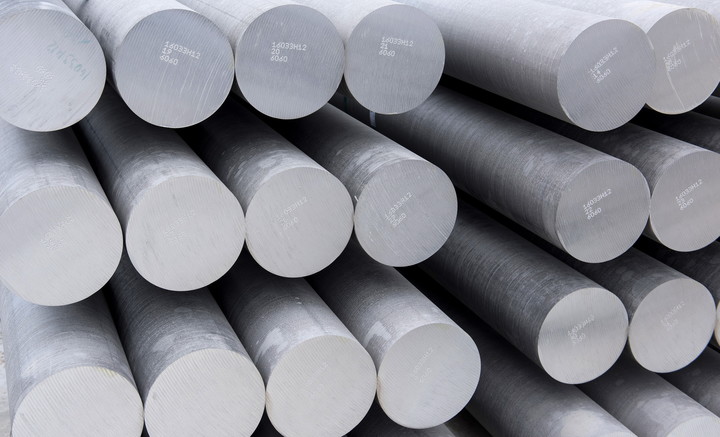
Hertwich Engineering to supply a compact remelt plant for aluminum to SAI.
The compact remelt plant designed for SAI combines all the recycling work steps in a fully automated, continuously operated and space-saving unit:
– Clean and contaminated recycling material is prepared in chutes and transferred into the pre-heat chamber of the furnace by a special charging machine (which can also be used for dross skimming).
– Machining chips are fed into the furnace via a chip-pre-treatment plant and a high-speed co-flow dryer, which is thermally connected with the furnace.
– The scrap is melted in a three-chamber melting and casting furnace with a capacity of seven tons per hour. The pre-heated and decoated scrap and chips are melted in the bath of the pre-heat chamber or of the chip stirring well by submersion melting. The required melt flow is generated by an electromagnetic liquid-metal pump. After this, the melt passes through a partition wall into the casting chamber, in which the melt temperature is adjusted for casting.
– The melt drawn from the casting chamber is degassed, filtered and then fed to two horizontal continuous-casting units arranged in parallel. A separate cooling water treatment plant provides the cooling water for casting.
– After solidification, the cast strands are cut into billets by a flying saw and then deposited on the entry magazine of the homogenizing furnace. Homogenizing of billets takes place in a continuous homogenizing plant with cooling station, which ensures consistent and optimum metallurgical properties.
– Cooled down billets are placed on a storage conveyor and then inspected for internal cracks and inclusions by a helical ultrasonic testing unit.
– Finally, the inspected billets are semi-automatically strapped, weighed, and prepared for shipment.


First Quantum scores $1B streaming deal with Royal Gold

Newmont nets $100M payment related Akyem mine sale

Caterpillar sees US tariff hit of up to $1.5 billion this year

Gold price rebounds nearly 2% on US payrolls data

Australia pledges $87M to rescue Trafigura’s Nyrstar smelters in critical minerals push

Goldman told clients to go long copper a day before price plunge
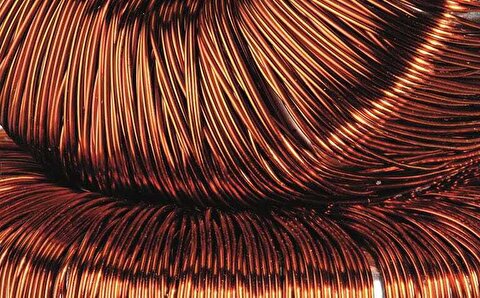
Copper price posts second weekly drop after Trump’s tariff surprise
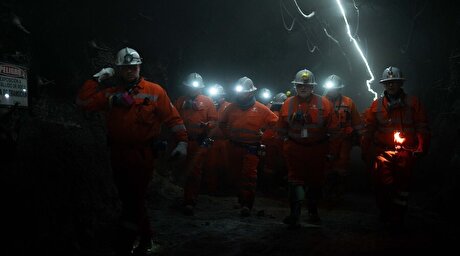
One dead, five missing after collapse at Chile copper mine
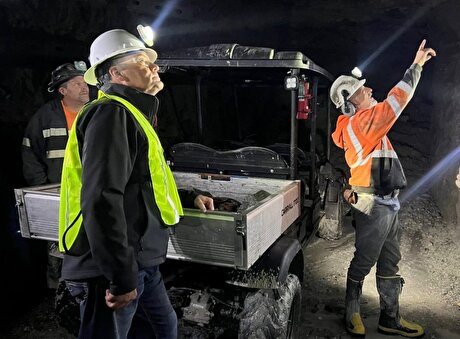
Idaho Strategic rises on gold property acquisition from Hecla

Century Aluminum to invest $50M in Mt. Holly smelter restart in South Carolina
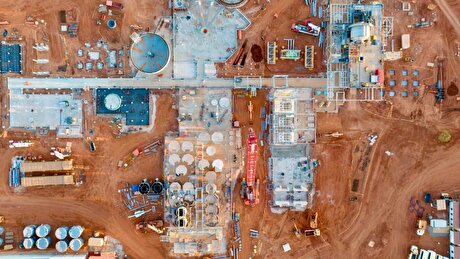
Australia to invest $33 million to boost Liontown’s Kathleen lithium operations
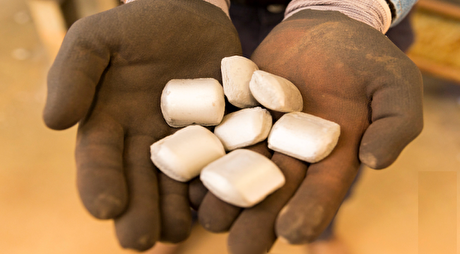
Glencore warns of cobalt surplus amid DRC export ban
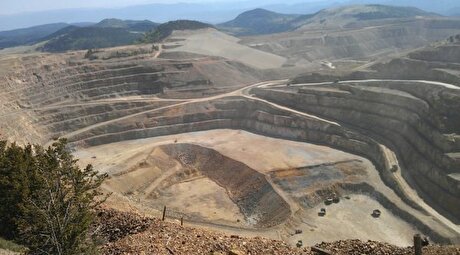
SSR Mining soars on Q2 earnings beat
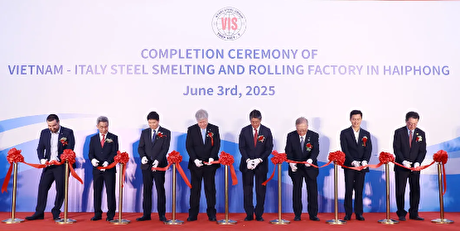
A Danieli greenfield project for competitive, quality rebar production

China limits supply of critical minerals to US defense sector: WSJ
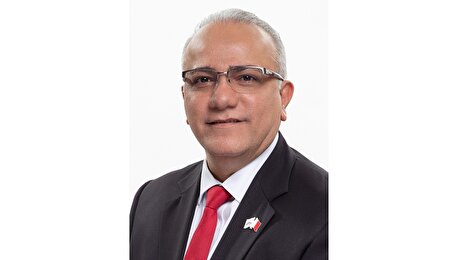
Alba Hits 38 Million Safe Working Hours Without LTI
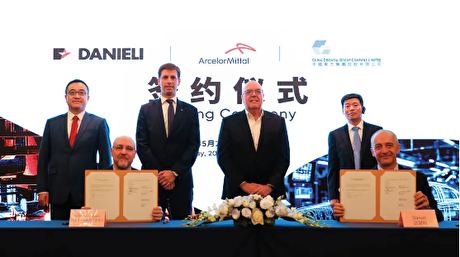
Advanced cold-rolled strip for China’s New Energy Vehicle market

Codelco seeks restart at Chilean copper mine after collapse

US slaps tariffs on 1-kg, 100-oz gold bars: Financial Times

Australia to invest $33 million to boost Liontown’s Kathleen lithium operations

Glencore warns of cobalt surplus amid DRC export ban

SSR Mining soars on Q2 earnings beat

A Danieli greenfield project for competitive, quality rebar production

China limits supply of critical minerals to US defense sector: WSJ

Alba Hits 38 Million Safe Working Hours Without LTI

Advanced cold-rolled strip for China’s New Energy Vehicle market

Codelco seeks restart at Chilean copper mine after collapse

US slaps tariffs on 1-kg, 100-oz gold bars: Financial Times














